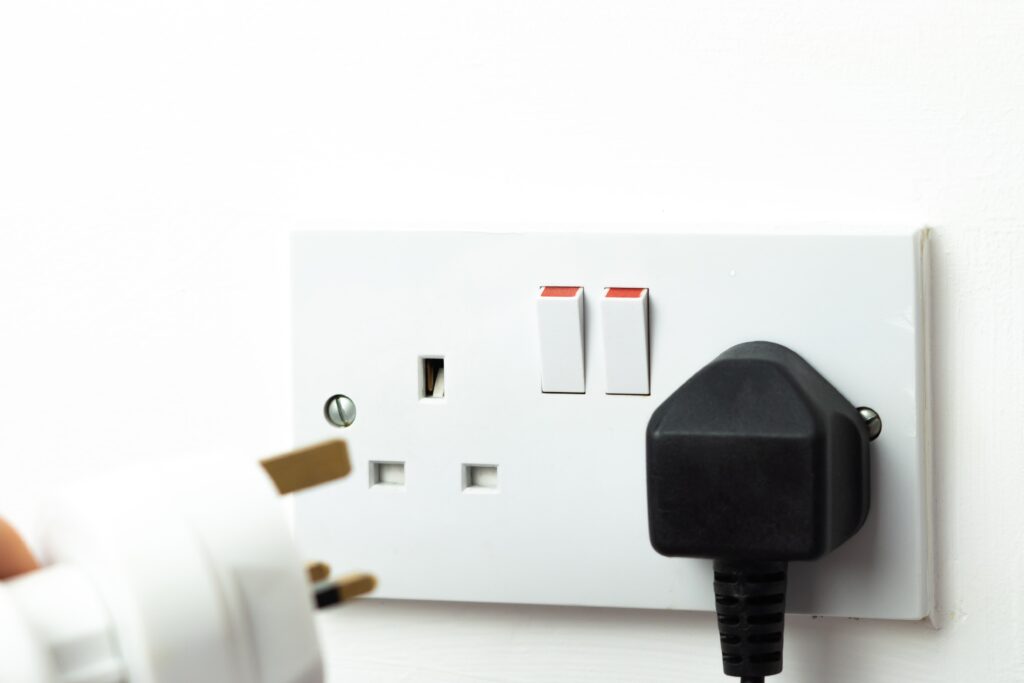How Your Business Can Save Money on Energy Bills This Winter
Winter can be an expensive time for businesses, with energy bills spiking as the temperature drops. By using a few simple energy-saving tips, you can lower costs. This will help your operation run smoothly while keeping comfort and productivity high. Here are six effective ways to save money on energy bills this winter.
1. Upgrade to energy-efficient heating systems
One of the biggest culprits of high energy bills in winter is inefficient heating systems. Consider upgrading to a more energy-efficient model, such as those with programmable thermostats, high-efficiency furnaces or heat pumps. These systems allow you to control the temperature more precisely, reducing waste by adjusting the heat when the office is unoccupied.
Tip: If an upgrade isn’t possible right now, regular maintenance (like cleaning filters or servicing the system) can help your existing heating system run more efficiently.
2. Switch to LED lighting
Lighting accounts for a sizeable portion of energy usage in most businesses, so switching to energy-efficient LED bulbs can lead to considerable savings over time. LEDs use far less electricity than incandescent or fluorescent bulbs and last much longer, reducing both your energy consumption and maintenance costs.
Tip: Use motion sensors or timers for lights in areas that aren’t in constant use (like hallways or bathrooms) to ensure they’re only on when needed.
3. Unplug electronics when not in use
Many electronics, like computers, printers, and office appliances, draw power even when turned off—this is called “phantom power.” Unplugging these devices when not in use or using power strips to easily disconnect them can help eliminate this wasted energy.
Tip: Encourage employees to power down computers and other office equipment at the end of the day. Set a reminder in the office to “shut it down” every evening.

4. Optimise your business hours and heating schedule
If your business doesn’t operate 24/7, optimise your heating and lighting schedule to match working hours. For example, set the thermostat to lower temperatures during off-hours or weekends, and bring it back up just before employees arrive.
Tip: For businesses that operate seasonally, consider flexible hours or rotating shifts during the winter to reduce the time your heating system is running at full blast.
5. Invest in smart technology
Smart thermostats and energy monitoring systems can help businesses better manage energy use. Smart thermostats adjust temperatures automatically based on occupancy and weather patterns. While energy monitors give you real-time insights into where your energy is going and where you can cut back.
Tip: Many smart energy solutions offer mobile apps that let you control energy settings remotely. Therefore, you can easily adjust the temperature or shut down equipment even when you’re away from the office.
6. Fix your rates to future-proof your finances
Fixed-rate energy deals can offer small businesses predictability and help them better manage their expenses. By locking in a stable price for a set time, usually 1 to 3 years, businesses can avoid energy price changes. This helps them budget more easily.
Tip: If your business values sustainability, consider a fixed-rate deal with a provider offering 100% renewable energy. While these plans can sometimes be more expensive, the long-term environmental and ESG benefits might outweigh the extra cost, perhaps even enabling access to government grants or tax relief options for eco-friendly businesses.
Apertus Group can advise businesses on how to find these efficiencies in their business and help to secure the right energy deal for a business’s budget and values. Learn more about our energy procurement services or get in touch at 01604 212 828.



